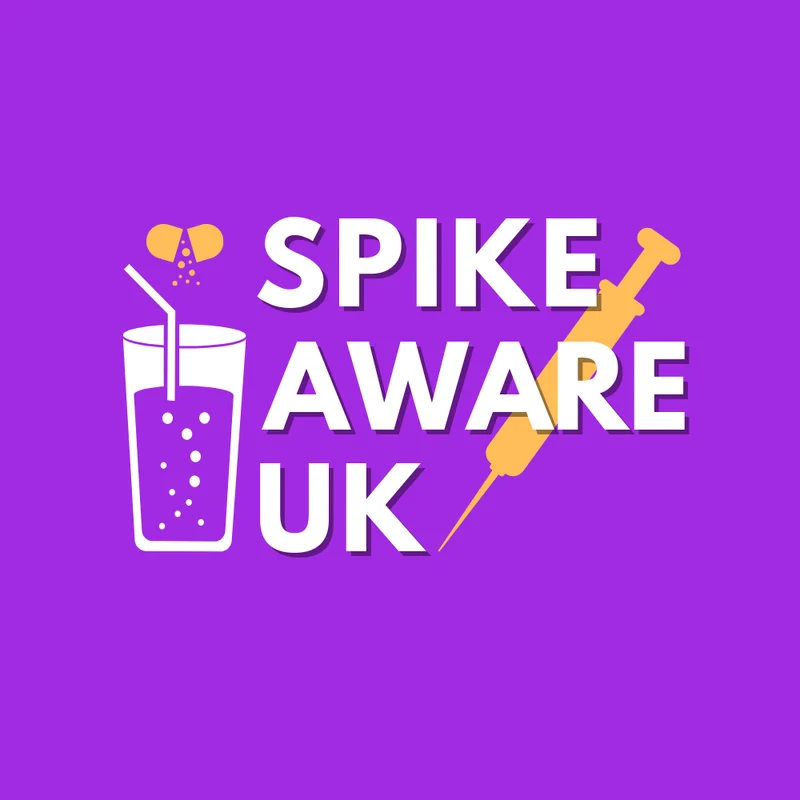The UK’s first anti-spiking charity is calling for the government to make spiking a standalone offence.
Despite the huge increase of spiking in clubs and bars, there is no single law for the act – instead it is prosecuted in conjunction with another crime.
Spike Aware UK’s aim is to challenge the outdated spiking laws in the UK, the majority of which are based on legislation that is over 160 years old.
Last week, Sir Keir Starmer announced if Labour won the next general election, his party would push to make spiking a standalone offence.
Colin Mackie, who founded Spike Aware UK, with his wife, Mandy after their son died from drink spiking, said: “If we can get a standalone law, every police force will need to act in the same way. There will be procedures in place which they will all have to follow. At the moment it’s not being taken seriously enough.”
One spiking law that has been updated, since the 1861 legislation was introduced, under the Sexual Offences Act 2003, made spiking with ‘intent to engage in a non-consensual sexual activity’ punishable by up to 10 years imprisonment.
Mr Mackie is calling on the government to update the laws and make the act of spiking in itself a punishable offence, regardless of intent of the offender.

He claims there needs to be changes in the way cases are handled by the police, explaining if someone was assaulted on a night out, the police would immediately demand CCTV and to speak to witnesses, but in cases of spiking, they are nowhere near as reactive.
He said he had spoken to a victim’s father who picked his daughter up from a nightclub after she was spiked. The father went into the club, found his daughter and carried her out without being challenged by a single member of staff at the venue.
The victim’s father said what he was really concerned about was the fact he felt that anyone could have done this while his daughter was extremely vulnerable.
Mr Mackie also pointed out spiking happens to both men and women. He said: “We know of a male victim, who said the police laughed at him and said ‘it doesn’t happen to men’, when he said he’d been spiked.
“That to me is the problem. Not acting quick enough, not having a deterrent.”
He also called for greater coordination between hospitals and the police to deal with spiking victims. He explained victims are dismissed as being drunk rather than actually being drugged, meaning they do not get the blood tests they need.
Most drug testing needs to be done within 72 hours, but Mr Mackie said if victims are bounced between police and hospitals, any traces of the drug in their blood leave the body.
“One girl we spoke to had been taken to A&E, and when they got there they kept her in overnight but they told her she needed to her GP to get a blood test,” said Mr Mackie. “It was five days before she got a GP appointment, so if there were any drugs in her system they were gone.”
The charity also offers judgement free advice and support for spiking victims. While they said they do not pressure victims to speak to the police, they believe the more people do the more awareness will be raised.




